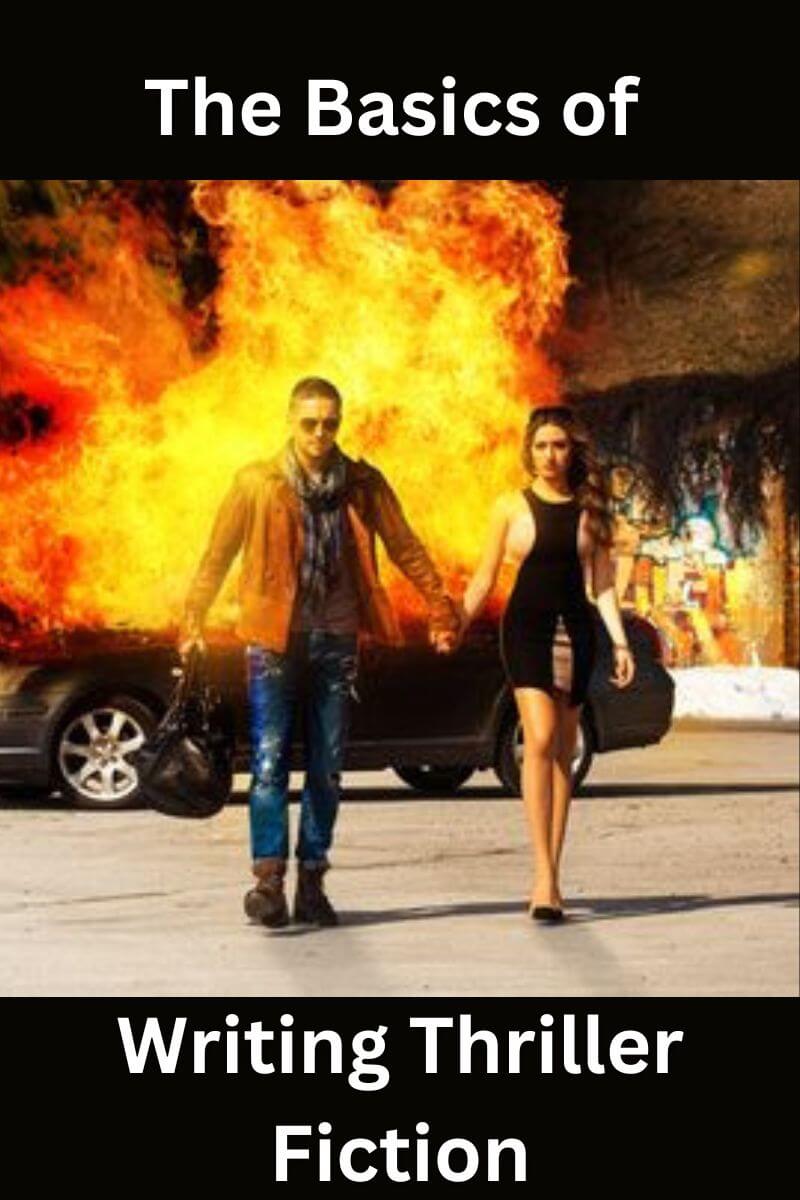Character relationships keep changing
Question: I had an idea for a relationship between my main character and another character but then I changed it to another character then changed it to a whole different character and now I'm think about making a different character. Is that normal to keep changing your mind that much? My problem is I can't decide if I should change it one more time because if I change it then a lot of other things will change because a lot of stuff happens between the two characters that can't happen with the new character.
Answer: Is it normal to change your mind? Yes. Stories often evolve out of a big messy soup of ideas that only gradually take shape and become more solidified. This is particularly true if you are a more holistic thinker.
Of course, the story does need to solidify eventually, otherwise you will never get it finished. As you are experiencing, if you allow your creative side to forever be adding new ideas, new ingredients to the mix, continuity issues will keep arising and it will become harder for the story to gel.
In the process of thinking through your story, certain choices should appear essential and important. Making firm decisions on these matters may make it easier to decide on others. As the gelling process continues, there are fewer options, fewer ways the story can go and remain consistent, until finally the story becomes fixed.
I am often an advocate of the "plotter" rather than the "pantser" approach. A pantser just writes and doesn't worry too much about where the story is going and what inconsistencies arise until a draft is finished. Then he or she spends a lot of
Plotters, on the other hand, sort out all these issues and let the story gel a bit in their minds before they start writing. Usually, they create a detailed outline to keep themselves on track. If they get inspired part-way through to do something radically different, they first re-examine the outline to see if the new direction will make the story better or worse. If worse, they drop the new idea. If better, they revise the outline, and possibly earlier parts of the draft, so they know they are still working towards a consistent narrative.
Obviously, I can't tell you what decision to make with your story, but I can suggest you weigh up the consequences of the various options and choose the one that makes the story stronger, that better expresses what you want to express. I would also suggest you consider how you want the story to end. How do you want the main character to resolve his/her personal issues? Will the overall story goal be achieved?
Some people, who are of a less analytical bent, find it works best if they just "listen" more closely to what their characters are telling about the decisions they want to make, understanding that there will only be one right choice if they listen closely. (It's a trick to tap into the subconscious.)
It's also important to reach a point where you stop revisiting certain choices. Have confidence enough in your ideas and the passion that accompanied them to see them through to the end. You can always revise later, after you've finished a draft.
- Home
- Writing Questions
- Character relationships keep changing











